News
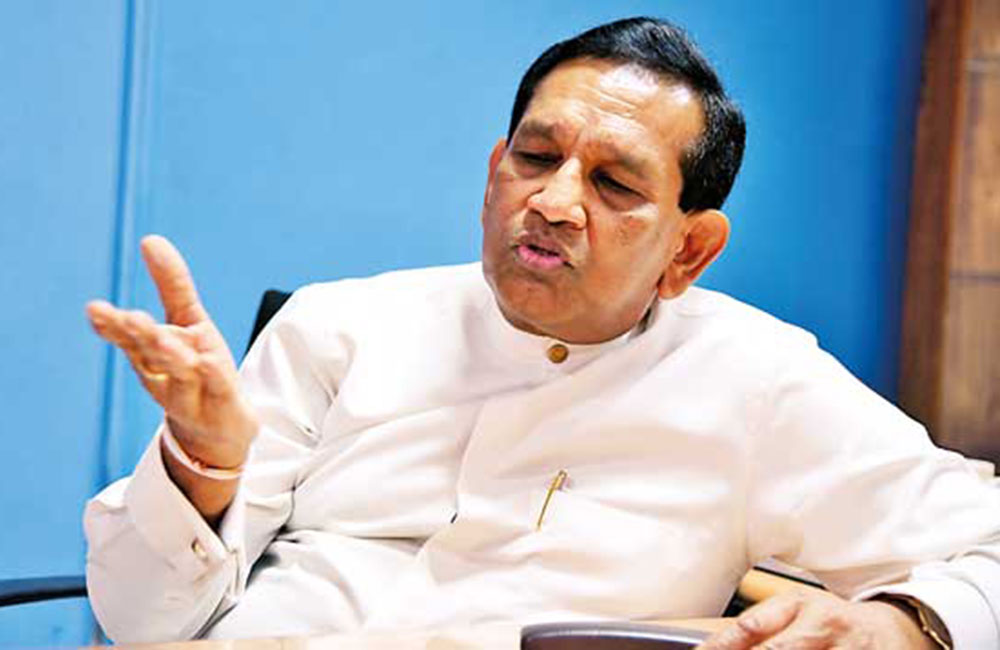
Rajitha blames GMOA for medicines shortage
Minister of Health Dr. Rajitha Senaratne has blamed the Government Medical Officers’ Association (GMOA) should share the blame for the shortage of medicine. According to Senaratne the shortage was caused due to the political coup which lasted for 53 days.
The Minister made this statement while addressing a gathering held during the foundation-stone laying ceremony for a three-storey building at the Pottuvil Base Hospital.
The minister further said the Health Ministry functioned in accordance with the instructions of the GMOA during the 53-day political crisis, hence the association is responsible for the medicine shortage.
Minister Senaratne assured that steps have already been taken to overcome the existing medicine shortage at the hospitals across the country. Stating that overcoming the drug shortage and restoring the situation takes a long period of time, he said the prices of 73 essential drugs have already been reduced and prices of 27 more essential drugs would be slashed in the future.
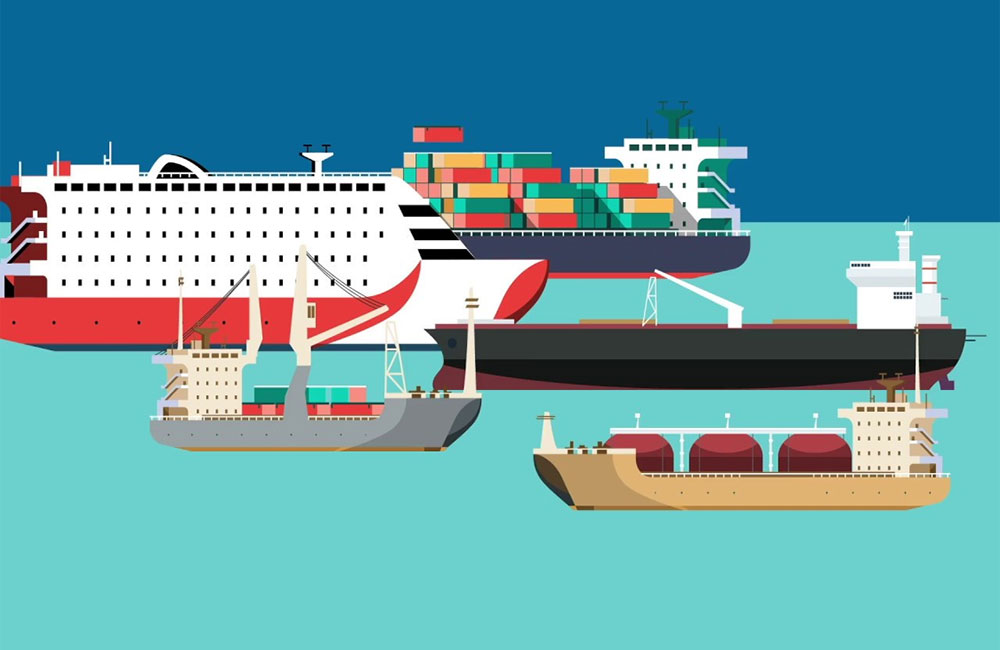
Final draft of the National Maritime Policy to be presented to the cabinet next month
The final draft of the National Policy for Maritime and Logistics Sectors which was presented to Ports and Shipping and Southern Development Minister Sagala Ratnayaka will be tabled before Cabinet in early March.
The Secretary to the Ministry of Ports & Shipping and Southern Development Dr Parakrama Dissanayake presented the final draft of the National Policy for Maritime and Logistics Sectors to the Minister Sagala Ratnayaka on January 31.
The National Policy for Maritime and Logistics Sectors has been drafted to understand the importance of a national policy for the alignment of maritime and logistics sectors to reap the benefits towards the development of Sri Lanka.
The draft document comprehensively detailed the strategies, suggested actions and coordinating role of each party while addressing the urgent requirements of the maritime and logistics sectors in Sri Lanka.
It has addressed the several areas of the subject including, Ports and Related Infrastructure; Development of Maritime Related Services; Ships, Ship Owning, Ship & Crew Management, Shipping & NVOCC Agency, Coastal Shipping ; Development of Logistics and Intermodal Infrastructure, Harmonization of Regulatory Framework ; Maritime Safety, Security, Marine Pollution Prevention, Maritime Training; Promotion of Small & Medium Scale Enterprises in Maritime and Logistics; Restrictive Practices in Maritime and Logistics.
According to Dr. Dissanayake, one of the aims of this national policy is to encourage sustainable port development to cater to long-term forecasted growth in volumes of imports and exports and transshipment trades by sea, with a competitive and efficient port industry capable of meeting the needs of importers and exporters in a cost-effective and timely manner, thus contributing to long-term economic growth and prosperity of Sri Lanka.
The Government Information Department said a period of one month from today has been reserved to gather feedback and make amendments to the draft policy. It is being distributed among industry representative bodies, stakeholders and will also be shared on the SLPA website for the general public to view.
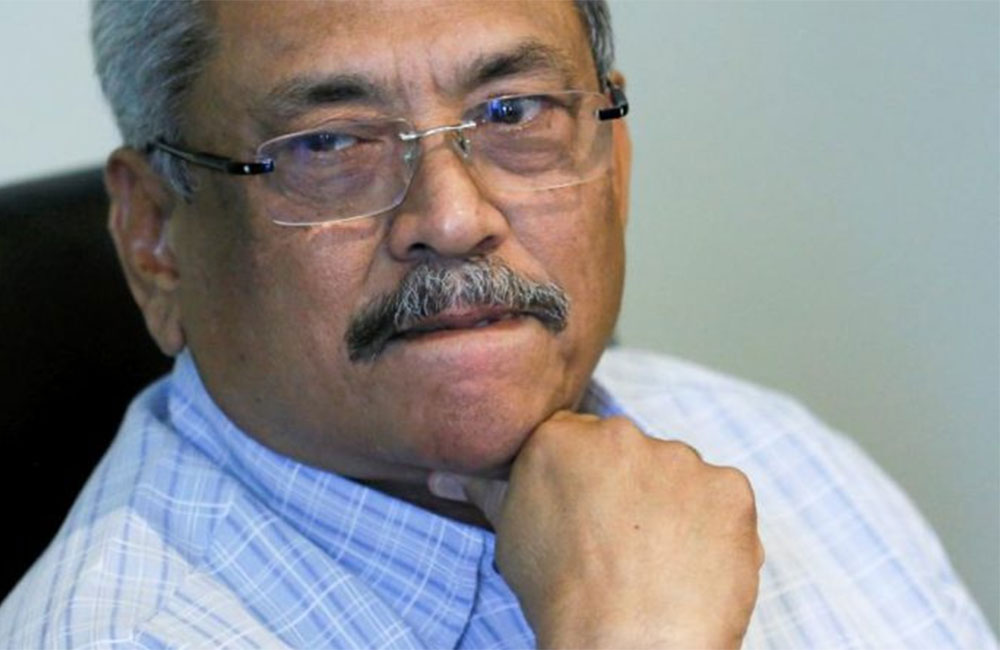
Special High Court rejects Gotabaya Rajapaksa's preliminary objections over jurisdiction
The Special High Court has rejected the objection filed by former Defense Secretary Gotabaya Rajapaksa challenging the court's jurisdiction to hear DA Rajapaksa Museum case on misappropriation of public funds.
The three-judge bench of justices Sampath Abeykoon (President), Sampath Wijeratne and Champa Janaki Rajaratne issued its decision when the case was called today (11).
President of the three-member High Court, Justice Sampath Abeykoon said that the case is being heard on the instructions of the Chief Justice and therefore, the three-member High Court bench cannot make a decision regarding the power of the court to hear the case.
Accordingly, the preliminary objections raised by the defendant were rejected and the hearing of the case will continue
Upon the request of the defence, the judge bench ordered to issue a copy of the Chief Justice's order to the court.
When the case was taken up today, the 6th accused Mahinda Saliya did not appear before the court and his counsel informed the court that the defendant was ill and was being treated in hospital.
Accordingly, the three-member special high court postponed the hearing until the 22nd of this month and ordered the defense to make submissions on that day.
The Attorney General filed charges against seven defendants including former Defense Secretary Gotabaya Rajapaksa, accusing him of misappropriating state funds amounting to nearly Rs. 34 million to construct the DA Rajapaksa Commemorative Museum at Weeraketiya in Medamulana.
The former Defense Secretary raised preliminary objections through his counsel that the Colombo Permanent High Court-at-Bar does not have jurisdiction to hear the D.A. Rajapaksa Museum case since the court, which was established under the Judicature (Amendment) Act, is only authorized to hear cases pertaining to serious economic and financial crimes, and as this case does not fall into the aforementioned category.
In addition to Gotabaya Rajapaksa, the other respondents in the case are former Chairman of the Land Reclamation and Development Corporation Prasad Harshana de Silva and members of the Board of Directors Bhadrawati Kamaladasa, Sudhammika Attygalle, Saman Kumara Galappathi, D. Mendis Saliya and Mallika Kumari Senadheera.
The seven accused had been charged under Section 5(1) of the Public Property Act and Section 388 of the Penal Code, the Prevention of Money Laundering Act and the Public Property Act. (Colombo Page)
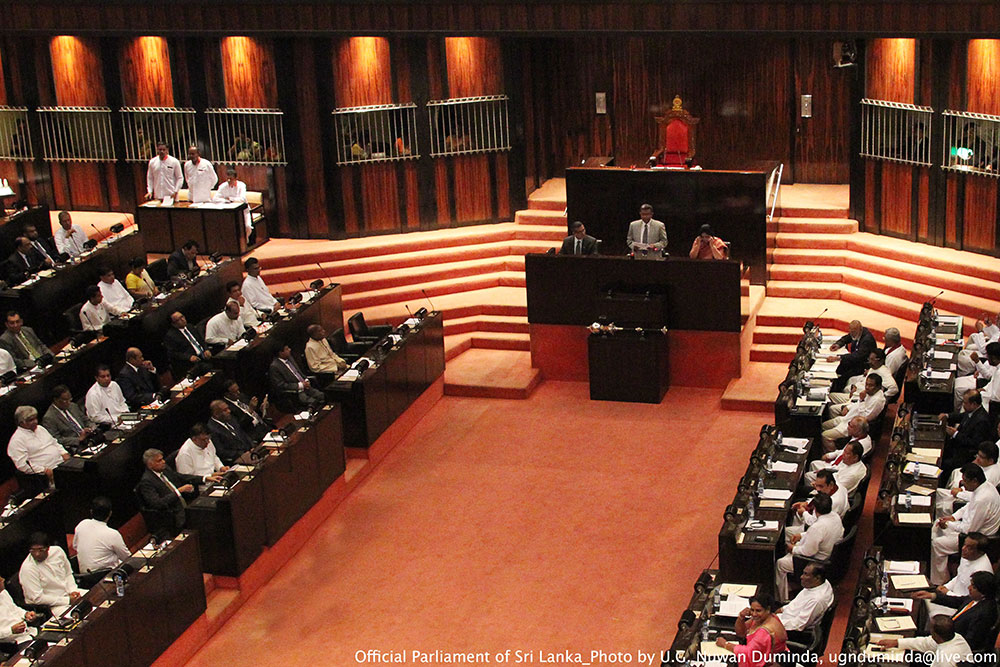
2019 Appropriation Bill presented in Parliament
The Appropriation Bill for the year 2019 was presented in parliament today (05) by Chief Government Whip Gayantha Karunathilaka.
Accordingly, government expenditure set out in the Appropriation Bill showed that the total state expenditure for 2019 amounted to LKR 4450 billion of which LKR 2,232 billion has been allocated for debt servicing.
The Ministry of Defence will receive the highest allocation of LKR 392 billion followed by the Ministry of Internal, Home Affairs and Provincial Councils and Local Government with an allocation of LKR 291 billion.
Allocation of breakdown is found below.

Allocation of funding for respective ministries and departments coming under the purview of those ministries are as follows.
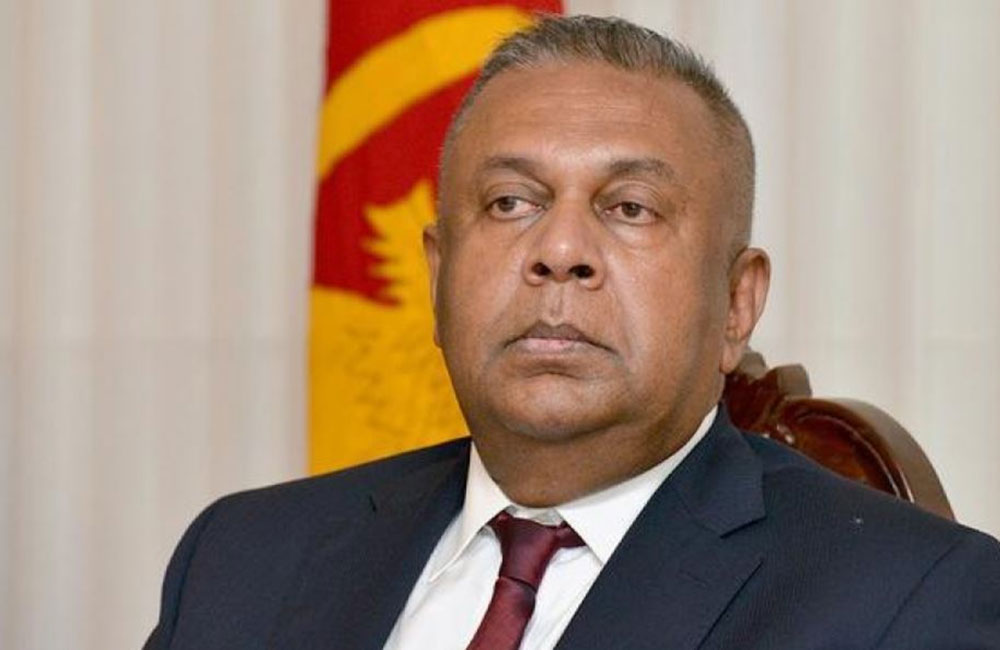
Mangala reveals the ‘business mafia’ in Customs
Minister of Finance and Mass Media Mangala Samaraweera says that the Sri Lanka Customs is steered by a business mafia in the country.
Speaking at a press conference held yesterday (06), he stated that there is a possibility that there are some officers in the Customs that help this mafia.
For an example, Sri Lanka loses out on a lot of foreign exchange due to the Pepper and the areca rackets, he pointed out.
Stating that under the agreement with India, this Areca can be exported to India with no limits, the Minister said that these and this Areca are not from Sri Lanka; they are imported from Indonesia and re-exported after making slight changes. He says all these happen illegally.
Samaraweera further says that this racket was identified by the government in 2012 and that high-status persons in the country engaged in this racket. Persons from the government have also joined this racket, he added. (Ada Derana)
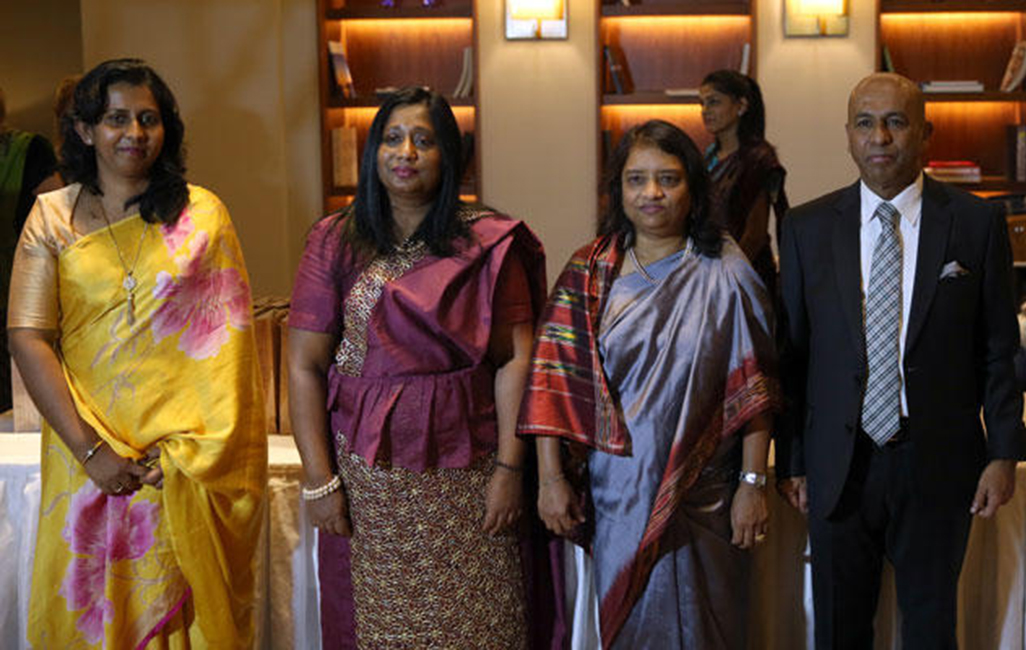
Sri Lankan food festival begins in Turkish capital
A week-long food festival spotlighting local Sri Lankan Sinhalese cuisine began on Feb. 4 in Turkey's capital Ankara.
The festival, organized by the Embassy of Sri Lanka, was inaugurated by Sri Lanka's Ambassador to Turkey Pakeer Mohideen Amza and his wife Saleema Amza in a local hotel.
Germany's Ambassador to Turkey Martin Erdmann and Indian Ambassador Sanjay Bhattacharry were also in attendance, among other guests.
Speaking at the ceremony, Amza said Ceylon cuisine is distinctive for its use of various spices, coconut, and rice.
Guests received a brochure telling about Sinhalese foods and showing photos of its offerings.
(ANKARA – Anadolu Agency)
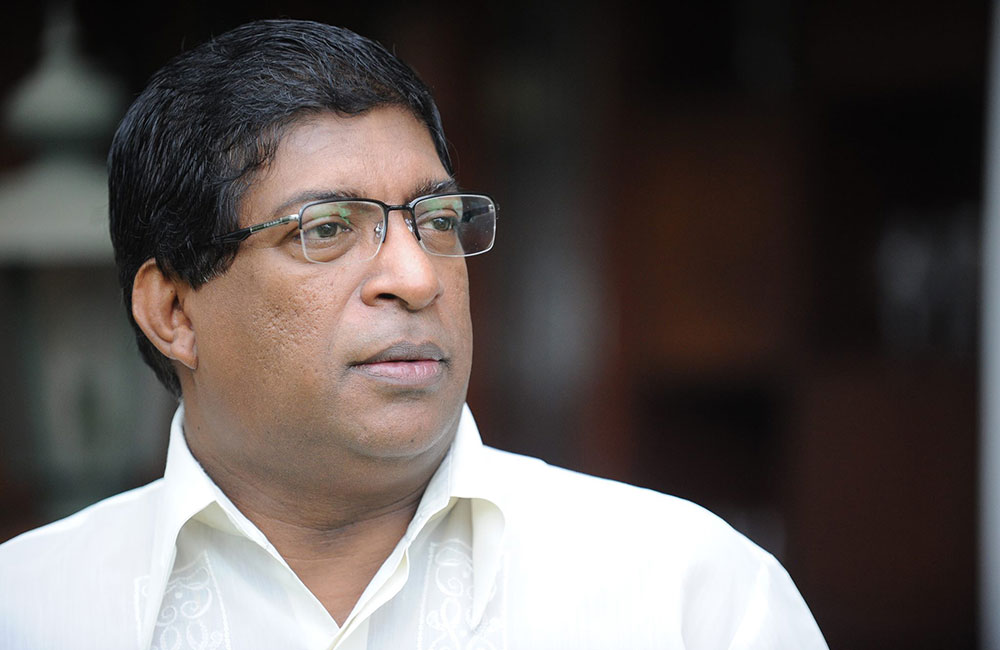
Ravi seeks help of civil activists to minimize corruption in Ministry
Minister of Power, Energy and Business Development Ravi Karunanayake says that there are people in the present society who work against fraud and corruption.
Minister says that he will utilize their skills to find out if there is fraud or corruption of at least a single cent within the Ministry of Power, Energy and Business Development.
Accordingly, he has decided to assign this task to several civil society activists, said the Minister.
Minster Karunanayake stated this at a press conference held at the Ministry premises, last evening (05).
He says that he has decided to entrust this task with Ven. Ulapane Thero, President of National Movement for consumer rights protection, Ranjith Vithanage, Nihal Kiriella, Attorney at Law Pradeep Perera, and Vimukthi Dushantha.
Karunanayake said that wanted to make an opportunity to investigate the activities of the ministry, question them and discuss any fraud or corruption incidents at least once a month. (Ada Derana)
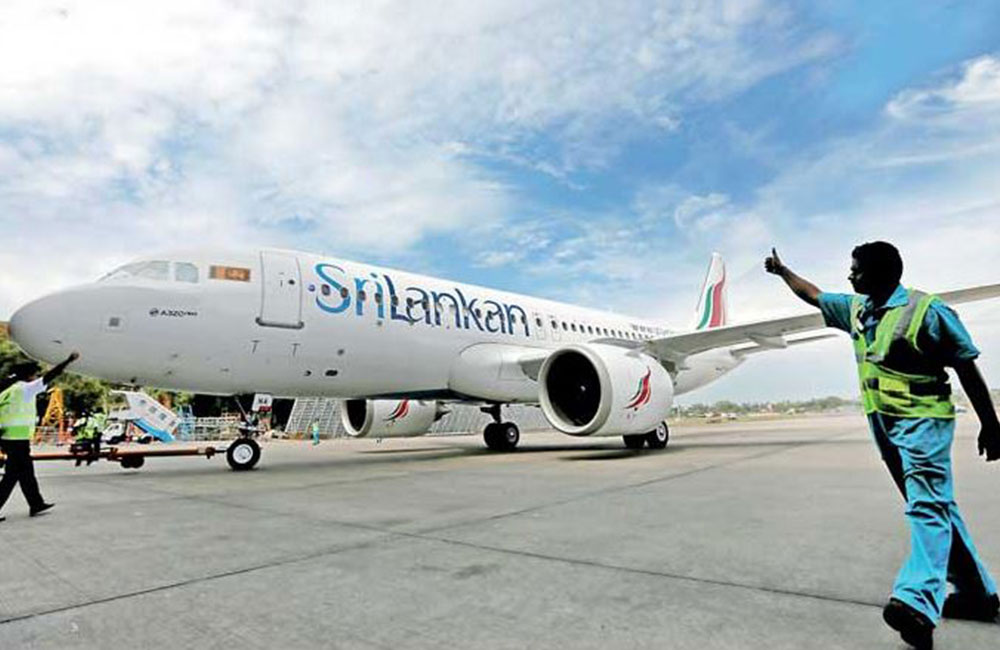
Sri Lanka rules out scrapping debt-laden national carrier
Colombo (AFP) – Sri Lanka has decided against liquidating its national airline and will scout for a foreign investor, a minister said Thursday, despite warnings the loss-making carrier could drag on the economy.
A panel convened by President Maithripala Sirisena to determine the fate of debt-saddled SriLankan Airlines recommended it be retained, but subjected to a major financial restructuring.
The airline is estimated to be carrying loans and accumulated losses of nearly $2 billion.
“We have ruled out the closure of the airline because the process of winding down will also be expensive,” State Minister of Finance Eran Wickramaratne told reporters in Colombo.
“We have decided to go with the option of financial restructuring with a foreign investment partner.”
The airline has two profit-making subsidiaries in catering and ground handling that could go some way to “enhancing the value of the company” through proper restructuring, he said.
Attempts to privatise the airline failed in May 2017 when San Francisco-based private equity firm TPG withdrew its bid for a 49 percent stake.
Since then, there had been no foreign or local investor interest in SriLankan Airlines.
The International Monetary Fund — which bailed out the government with a $1.5-billion loan in 2016 — has warned the flailing carrier needs to be overhauled as a matter of priority to sustain economic growth.
Wickramaratne said the government was hoping that an international airline would take up equity in the carrier, as had been the case in 1998, when Dubai-based Emirates held a minority stake in SriLankan.
The carrier was profitable until 2008 when then-president Mahinda Rajapakse cancelled the management agreement with Emirates after the airline refused to bump fare-paying passengers off a flight and accommodate his family instead.
Rajapakse removed the Emirates-appointed CEO and appointed his brother-in-law Nishantha Wickremasinghe in place.
Wickremesinghe is now under investigation for corruption and mismanagement during his time with the carrier.

Eleven persons apprehended for engaging in illegal fishing
A group of naval personnel attached to the Northwestern Naval Command apprehended 11 persons for engaging in illegal fishing using unauthorized fishing nets in the sea area of Singapadu, Kalpitiya yesterday (05).
The naval personnel also seized 02 unauthorized fishing nets, 4 dinghies and 2,487 kg of illegally caught fish during the arrest.
The apprehended persons along with their belongings were handed over to the Fisheries Inspector of Puttalam for legal action.
Meanwhile, another 13 persons and 4 dinghies belonging to them were held by the Navy for engaging in illegal fishing in the same area on February 2.

Sri Lanka declares UNESCO site Sigiriya as polythene free
UNESCO World Heritage site, Sigiriya, located in central Sri Lanka was declared a polythene free zone from Friday to protect the biodiversity of the area and boost tourism, local media reported.
The decision was made by Sri Lanka's Minister of Housing, Construction and Cultural Affairs Sajith Premadasa.
Sigiriya Project Manager, Major N. Nishantha told local media that the use of polythene had not only harmed the environment and animals but had also affected tourism in the area as it destroyed its beauty.
He said following the government's decision, security personnel will check the belongings of all local and foreign tourists and all polythene or plastic materials carried by them will be taken and returned back when the visitors are leaving the area.
Nishantha further explained that visitors who carry water bottles will have to carry it without the plastic bottle cap.
Food will also be restricted to prevent tourists feeding animals who frequent the area.
One of Asia's major archaeological site, Sigiriya is visited by thousands of visitors per year and is a major tourist attraction.
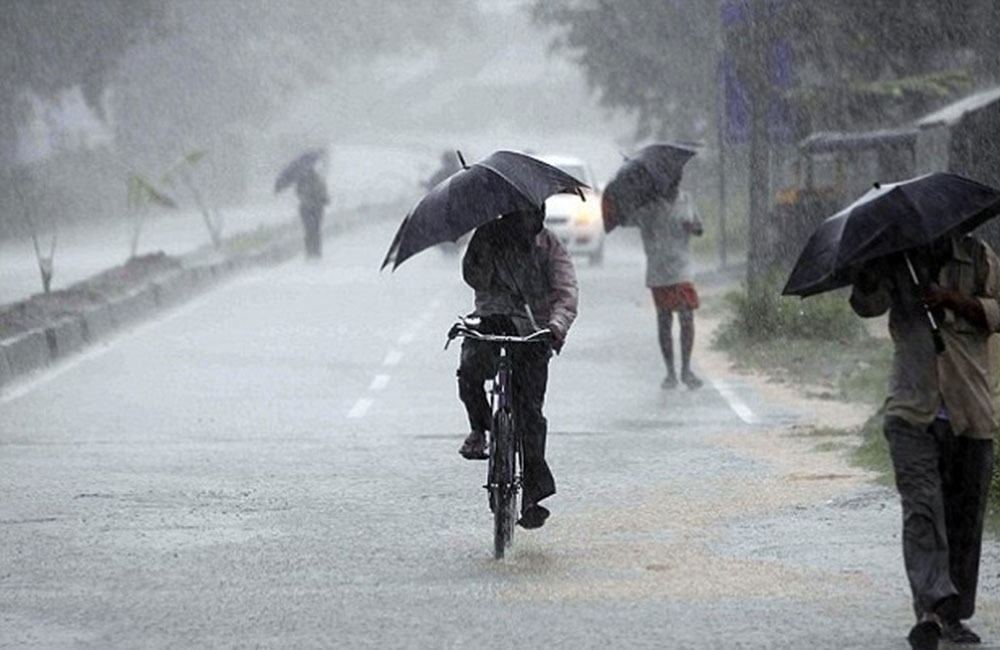
Thunder showers across the Island today!
Department of Meteorology says thunder showers can be expected in several areas across the island today. The Western, Sabaragamuwa and Galle province is set to receive showers over 75 mm it said.
Additionally the Eastern, Uva and North Central provinces will also receive rain during the day sources from the Department said.
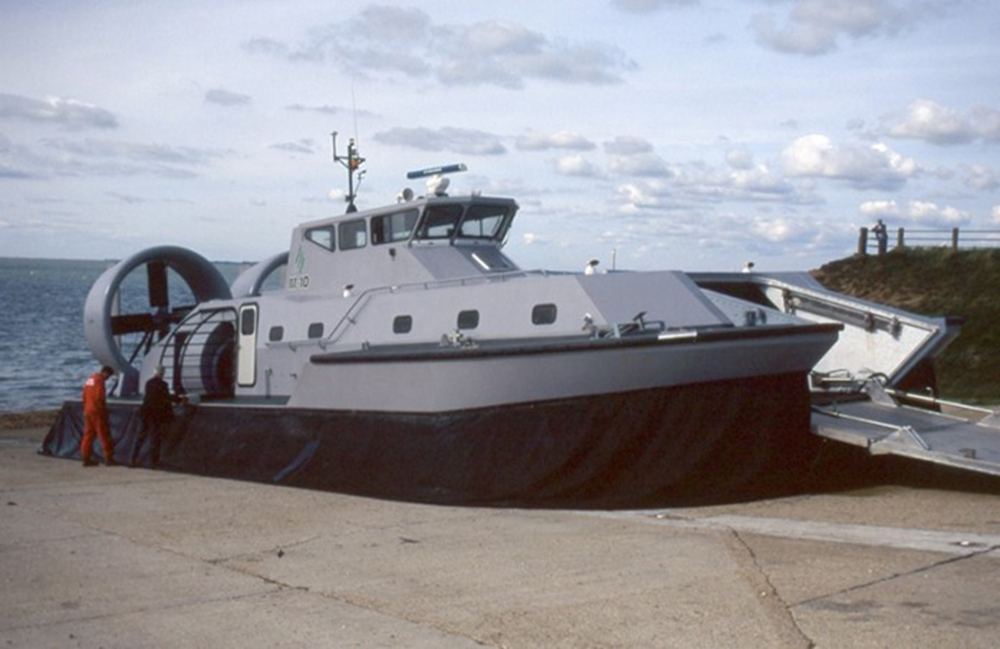
Seychelles VP in Sri Lanka to receive two patrol crafts
Vice President Vincent Meriton of the Republic of Seychelles arrived in Sri Lanka on Wednesday (30) to receive two Wave Rider Inshore Patrol Craft (WRIPC) donated by the Government of Sri Lanka to the Government of Seychelles. The handing over ceremony of the Patrol Craft was held today at the Western Naval Command Headquarters in the Colombo Port.
Sri Lanka arranged this donation to Seychelles as per the request of Danny Faure, the President of the Seychelles during the bilateral discussion with President Maithripala Sirisena during the recent state visit to the Seychelles in October, 2018 coinciding with the thirty (30) years of establishment of Diplomatic relations between Sri Lanka and the Seychelles.
The handing over ceremony was graced by President Sirisena with the participation of officers from the Ministry of Foreign Affairs, Ministry of Defence, Ministry of Finance, Ministry of Ports and Shipping, Chief of Defence Staff, Secretary to the President, and the High Commissioner of the Seychelles in Colombo.
Page 490 of 662